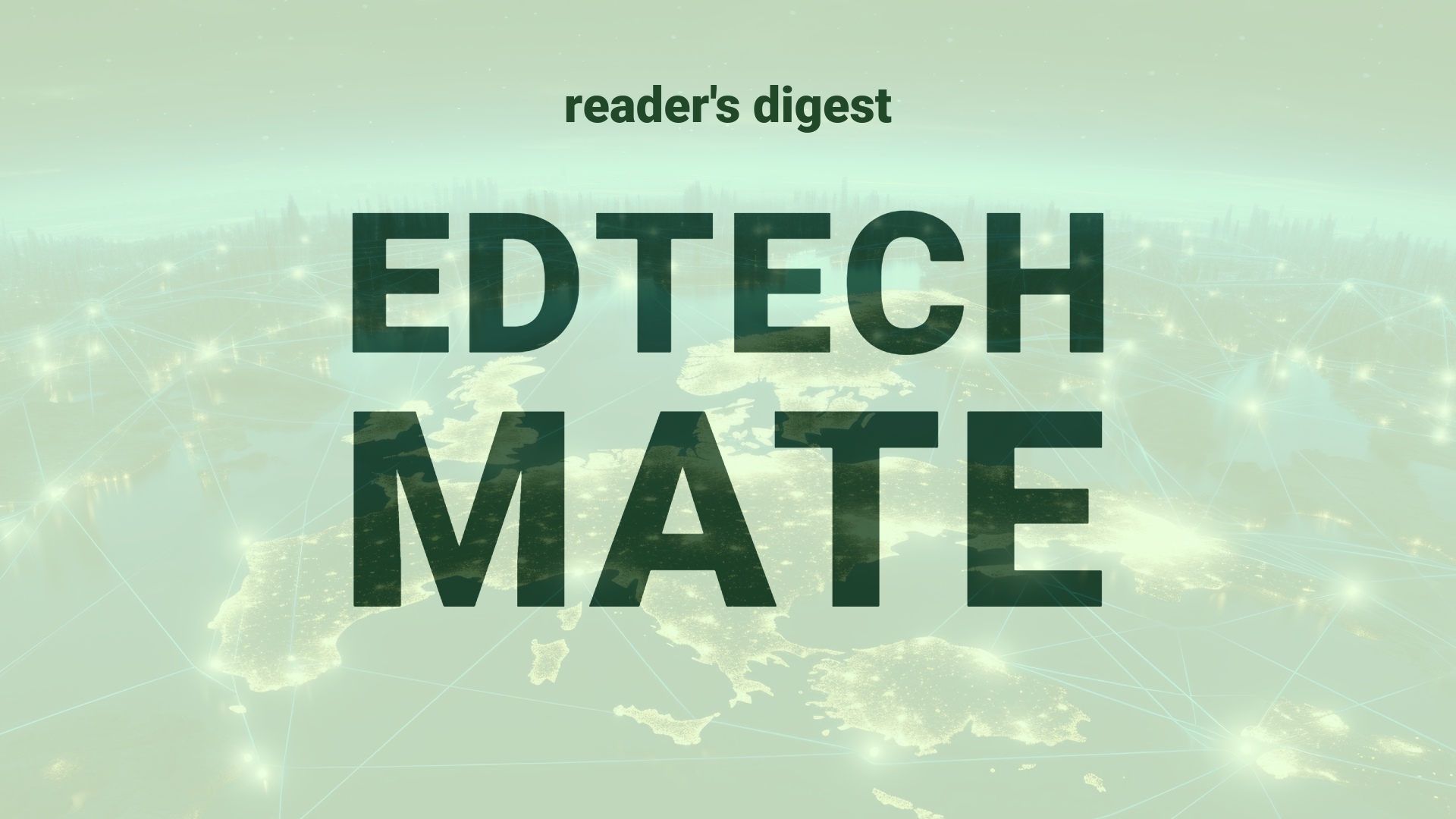Executive Summary and Main Points
In the shifting landscape of global trade and manufacturing, significant developments have occurred with potential implications for international education and edtech sectors. Elon Musk, leading figure of SpaceX, Tesla, and X, highlighted his perspective on the recent trade policy shifts during a conference in California. The European Union, following in the steps of the U.S. government, has decided to impose heightened tariffs—up to 38%—on Chinese electric vehicles (EVs), potentially affecting Tesla’s activities due to its substantial Gigafactory in Shanghai. Tesla, having delivered a significant number of vehicles from this factory, faces an individually calculated duty which could impact its import strategy to European markets. As trade tensions escalate, these changes underscore the interconnectedness of global industry dynamics, technological advancements, and international policy.
Potential Impact in the Education Sector
The increased tariffs on Chinese EVs and Tesla’s strategic negotiations with the EU present scenarios that the education sector can learn from. Further Education, Higher Education, and institutions offering Micro-credentials could experience indirect effects in terms of supply chain disruptions for technology components and increased operational costs. The prevailing trend towards digitalization may prompt educational institutions to leverage strategic partnerships, exploring synergies to optimize resources amid changing trade landscapes. Such dynamics stress the importance of staying informed and agile within global higher education communities, to successfully navigate the uncertainties presented by international trade and policy shifts.
Potential Applicability in the Education Sector
The current trade realignments might inspire innovative applications for AI and digital tools within global education systems. For instance, edtech can harness AI to better forecast and mitigate potential disruptions in the educational supply chain. Additionally, incorporating international trade policy and economic trend analysis into curriculum could become a significant component of business and international relations programs. Finally, digital transformation strategies could emphasize adaptability and resilience, empowering institutions to adjust their educational models and international engagement efforts in real time as global conditions evolve.
Criticism and Potential Shortfalls
Despite these measures intending to level the playing field, they may introduce challenges for Tesla and other stakeholders, while also having ripple effects across various sectors, including education. The imposition of tariffs could discourage technological exchange and collaboration, steering the focus away from global to more localized concerns. Comparatively, international case studies might show that such policies could lead to retaliatory trade restrictions, affecting both market and educational collaborations. Ethical and cultural implications also deserve consideration—especially in the context of higher education’s role in promoting global citizenship and understanding, which could be adversely affected by protectionist policies.
Actionable Recommendations
International education leadership must take a proactive stance in exploring and integrating emerging technologies. Forging alliances with industry to offer joint programs or micro-credentials that focus on international trade and policy analysis would be prudent. Encouraging research around the impact of trade policies on international education can enable leaders to navigate these changes strategically. Advancing digital literacy and competency among faculty and students remains crucial, alongside the integration of AI and digital tools into the academic and administrative fabric of institutions. By doing so, global higher education can anticipate shifts and prepare the next generation for a future where interconnectivity defines both opportunities and challenges.
Source article: https://www.cnbc.com/2024/06/12/tesla-could-get-special-duties-as-part-of-eus-higher-china-ev-tariffs.html

